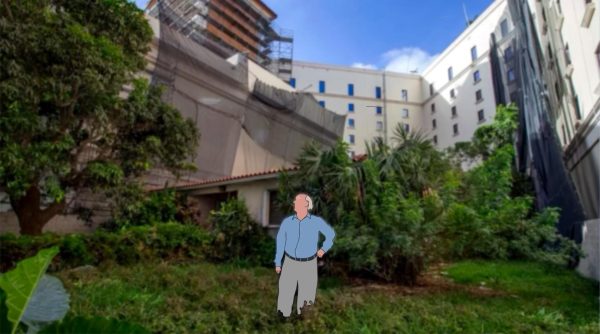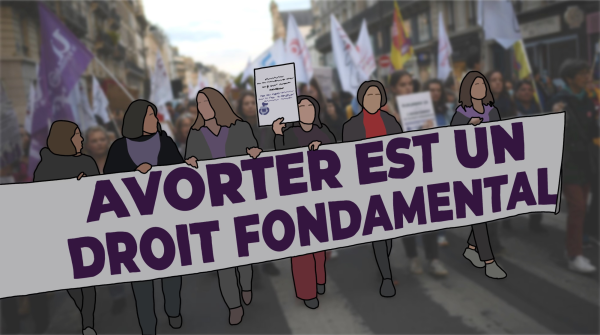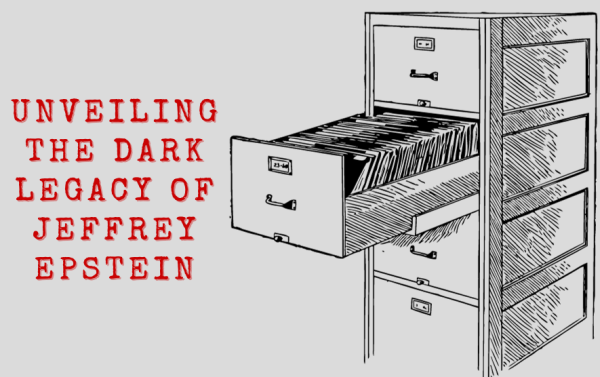Colombian Crackdown on Corruption
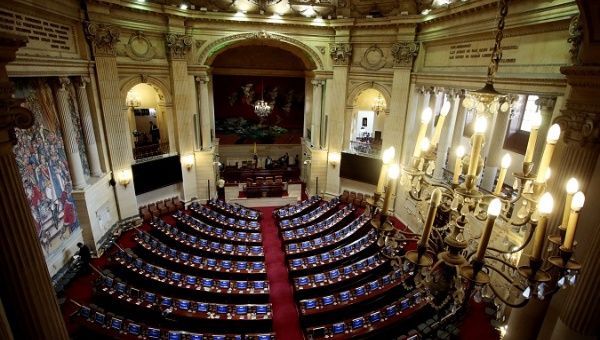
This is the room where the 166 members of the Colombian congress meet.
Aug 24, 2018
Like several other countries in Latin America, Colombia has been fighting an ongoing battle against government corruption and its negative effects on the development of the nation. Colombian citizens aim to tackle this problem with a new referendum up for a vote. The movement, known as #7vecessi, or #7timesyes, is a referendum that aims to reduce corruption within the government. The plan proposes sending corrupt politicians directly to jail, reducing their wages and creating a congressional term limit, among other rules that impact the way government is run.
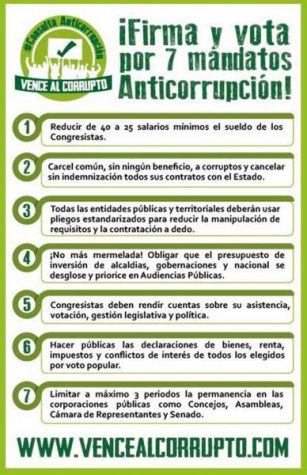
These are the seven components of the plan to combat corruption in Colombia.
Many Colombians have a positive view of this new referendum; they feel that this transparency will prevent inefficiency within the government. The hashtag has been circulating around the internet, and many have shown support for it.
It is no secret that Colombia has a history of corruption; they received a rating of 37/100. This issue of untrustworthy government has existed in Colombia since the arrival of the original Spanish conquistadors. As the country developed, the parasite that is corruption remained, draining the economy and diminishing public trust. The existence of drug cartels and guerrilla groups has also undermined previous efforts to re-establish transparency throughout government agencies.
The first of the seven points discuss salaries for congressmen and high-functioning workers of the state. Normally, their salary would be forty times that of the monthly minimum wage in Colombia, but this referendum would lower it to twenty-five times this pay.
Initially, some people expressed concern that, by lowering the wages, the government would be opening the door for politicians to receive dirty money, more specifically drug money. However, later points address this issue.
“We tend to forget how much help developing countries truly need when it comes to being politically stable. It is sad that Colombia had such a late start on weeding out corruption,” senior Alain Perez said.
The second point discusses the repercussions for those caught in fraudulent activities. It requires the state to fire those caught taking bribes or engaging in other illegal activities and prohibits their reintegration into the political sphere.
In many developed nations, this clause would be considered common sense. Even if no law existed to prohibit the reintegration of convicted politicians into politics, the politician would not receive the public support needed to hold office. However, this goes to show how, in Colombia’s recent political system, money has the potential to take a person anywhere regardless of their past.
The rest of the points essentially call for transparency, public hearings and three-term limits in Congress.
One point that particularly stands out is point 6, which calls for all politicians to declare the source of their funding and where their money goes. This requirement is different from the others because it ensures that illegal money is not falling into their pockets and is designed to prevent politicians from taking bribes or laundering money from illegal businesses.
“Having corrupt politicians in office prevents the growth of developing nations, and what Colombia is doing is a step in the right direction. I hope to see growth in every aspect of Colombian society in the next few years,” sophomore Irene Martinez said.
Although Colombia has quite a ways to go, the Colombians voting on Aug. 26 hope to see improvement within their country. Once a stable administration is in place, they can focus on other ways to grow as a nation.















